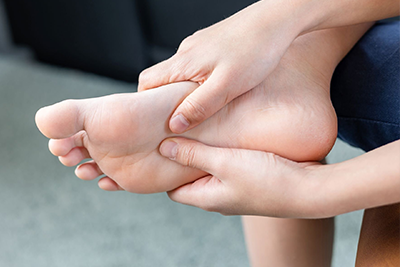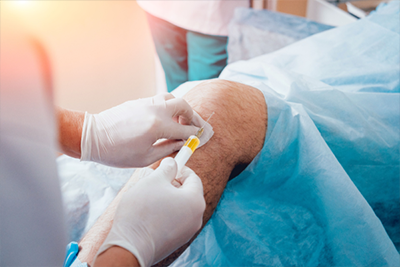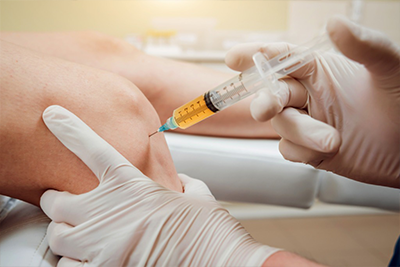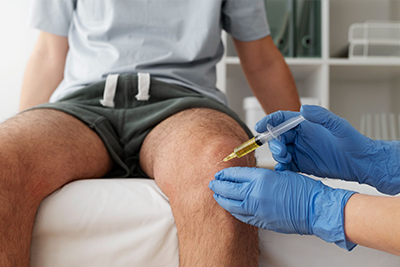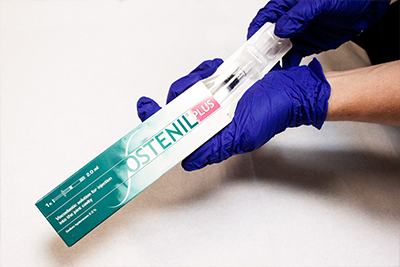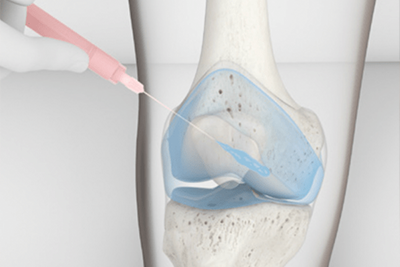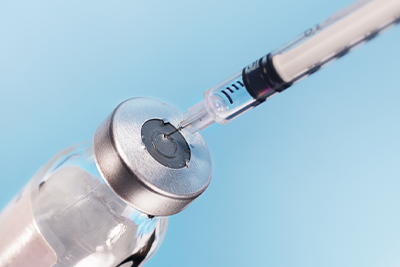- About our Clinic
- Men’s Health
- Testosterone Replacement Therapy
- Low Testosterone Test – Questionnaire
- Erectile Dysfunction Blood Test
- Online Erectile Function (IIEF-5) – Test
 Testosterone Replacement Therapy
Testosterone Replacement TherapyExplore options for restoring testosterone levels and enhancing vitality through tailored therapies.
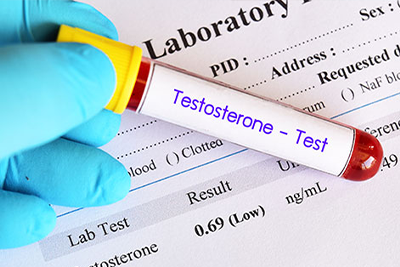 Low Testosterone Test – Questionnaire
Low Testosterone Test – QuestionnaireAssess your symptoms with a quick, confidential questionnaire to understand your testosterone levels.
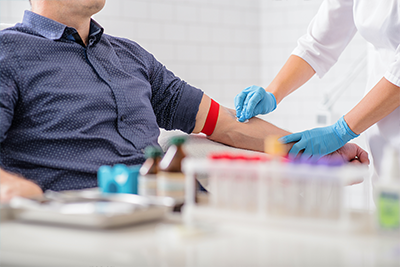 Erectile Dysfunction Blood Test
Erectile Dysfunction Blood TestFind out more about specialized blood tests designed to help diagnose erectile dysfunction.
 Online Erectile Function (IIEF-5) – Test
Online Erectile Function (IIEF-5) – TestTake the IIEF-5 test online to evaluate your erectile health and identify potential treatment paths.
- Fees
- Chiropractic
- Guided Injections
- Shockwave Therapy
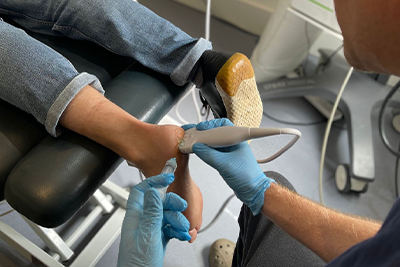 Plantar FasciitisDiscover effective treatments to relieve heel pain and inflammation caused by plantar fasciitis.
Plantar FasciitisDiscover effective treatments to relieve heel pain and inflammation caused by plantar fasciitis.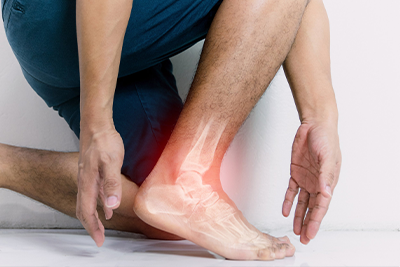 Achilles Tendinopathy
Achilles TendinopathyLearn about specialized solutions for Achilles tendon pain to restore mobility and reduce discomfort.
 Calcific Tendonitis
Calcific TendonitisExplore advanced options to address calcium buildup in tendons and alleviate shoulder pain.
 Golfers Elbow
Golfers ElbowFind targeted and effective treatments to relieve inner elbow pain from overuse and strain.
 Tennis ElbowUnderstand therapies that target pain and inflammation from repetitive elbow movements.
Tennis ElbowUnderstand therapies that target pain and inflammation from repetitive elbow movements. - Contact Us
- Blog
Cortisone Injections for Shoulder Pain: Uses, Results, and Side Effects
Shoulder pain is a common issue that affects up to one-third of people at some point in their lives. In fact, it ranks as the third most reported musculoskeletal condition after back and neck pain. Cortisone injections are often used to alleviate shoulder pain, providing relief from various conditions, including arthritis, bursitis, and sports injuries. These injections can reduce inflammation and swelling in the shoulder joint, ultimately reducing pain and discomfort.
We look at everything you need to know about cortisone injections for shoulder pain, including the conditions they treat, how they work, their effectiveness, and potential side effects.

Table of Contents
- What Causes Shoulder Pain?
- What Shoulder Conditions Can Cortisone Injections Treat?
- How Do Cortisone Injections Work in the Shoulder?
- How Effective Are Cortisone Injections in the Shoulder?
- How Long Does It Take to Recover from a Cortisone Injection?
- How Long Does a Cortisone Shot Last in the Shoulder?
- Side Effects of Cortisone Injections
- Where to Get Cortisone Injections for Shoulder Pain
- FAQs About Shoulder Cortisone Injections
If you have shoulder pain and would like to book a free consulation in our Tunbridge Wells clinic book here
What Causes Shoulder Pain?
Shoulder pain can be triggered by various conditions that affect the shoulder joint and surrounding tissues. Common causes include:
- Arthritis: Degeneration of the cartilage in the shoulder joint leads to inflammation and stiffness.
- Frozen Shoulder (Adhesive Capsulitis): Inflammation and stiffness of the shoulder capsule, causing limited range of motion.
- Tendonitis: Inflammation of the tendons around the shoulder, often due to overuse or injury.
- Bursitis: Inflammation of the bursa, fluid-filled sacs that cushion the shoulder joint.
Other causes of shoulder pain can include rotator cuff injuries, dislocations, and fractures.
What Shoulder Conditions Can Cortisone Injections Treat?
Cortisone injections are highly versatile and can treat a range of shoulder conditions:
- Frozen Shoulder (Adhesive Capsulitis): Cortisone injections are commonly used to reduce inflammation and pain in frozen shoulder, improving mobility. Research shows that cortisone injections combined with physiotherapy offer better outcomes than physiotherapy alone.
- Bursitis: Cortisone injections can alleviate pain caused by shoulder bursitis by reducing inflammation in the bursa, relieving tenderness and swelling.
- Arthritis: While cortisone injections cannot repair cartilage damage, they can reduce inflammation and relieve pain in arthritic shoulders, making movement more comfortable.
- Non-Specific Shoulder Pain: Even in cases where the cause of shoulder pain is unclear, cortisone injections may offer effective pain relief. Studies have shown that these injections can be more effective than other treatments like manual manipulation or physiotherapy in managing general shoulder pain.
Conditions Where Cortisone Injections Are Less Effective
While cortisone injections provide relief for many shoulder conditions, they may not be as effective for others, such as rotator cuff syndrome or rotator cuff tendonitis, where studies have shown they may offer no more relief than nonsteroidal anti-inflammatory drugs (NSAIDs) or placebos.
How Do Cortisone Injections Work in the Shoulder?
Cortisone is a powerful corticosteroid that works by reducing inflammation. When injected into the shoulder, cortisone inhibits the immune system’s inflammatory response to injury or strain. Inflammation around the joint causes pain, and by reducing this, cortisone can significantly improve symptoms.
Cortisone injections are often ultrasound-guided to ensure precision, targeting the exact area of inflammation.
How Effective Are Cortisone Injections in the Shoulder?
Cortisone injections are a widely used treatment for shoulder pain, and many studies have confirmed their short-term effectiveness:
- A study on patients with frozen shoulder found that over 50% experienced a 75-100% improvement in their symptoms after receiving cortisone injections. Another 25% reported at least a 25% improvement.
- Cortisone injections are also effective in reducing pain and inflammation caused by arthritis and bursitis. However, their benefits are typically short-term, lasting a few months at most.
Cortisone injections can be combined with other treatments like physiotherapy and stretching exercises to improve range of motion and accelerate recovery.
How Long Does It Take to Recover from a Cortisone Injection?
After receiving a cortisone injection, most patients need to rest for a couple of days to allow the medication to work. It’s essential to avoid vigorous activity for 24-48 hours to prevent complications such as the steroid being absorbed into the bloodstream or nearby tissues.
Full recovery usually takes around seven days, during which patients should avoid heavy lifting and strenuous activities involving the shoulder.
How Long Does a Cortisone Shot Last in the Shoulder?
Cortisone injections can provide pain relief for up to six months, though the duration varies depending on the individual and the condition being treated. If necessary, additional injections can be administered, but typically no more than once every three months.
A comprehensive treatment plan, including physiotherapy and other pain-relief strategies, may help avoid the need for repeated injections.
Side Effects of Cortisone Injections for Shoulder Pain
While cortisone injections are generally safe, some patients may experience side effects. These include:
- Temporary pain, swelling, or bruising at the injection site.
- Flushing of the face.
- Irregular menstrual cycles in women.
- Headaches or rashes.
In rare cases, more serious side effects can occur, such as mood swings, depression, hallucinations, infection, excessive weight gain, and swelling of the limbs. If any of these symptoms occur, seek immediate medical attention.
Where to Get Cortisone Injections for Shoulder Pain
In some cases, it may be challenging to access cortisone injections through the NHS due to long waiting times or limited availability. If you need immediate treatment, you may want to explore private options. At Vale Health Clinic you can get a cortisone injection the same day following diagnostic imaging. Many private clinics offer a similar level of care for self-paying patients or those with private health insurance.
FAQs About Shoulder Cortisone Injections
Are shoulder cortisone injections painful?
You may feel discomfort for a day or two after the injection. However, a local anesthetic is typically used to numb the area before administering the cortisone.
When can I resume exercise after a cortisone injection?
You should wait at least 24 hours before light exercise but avoid strenuous shoulder exercises for at least seven days, or as advised by your doctor.
Can I drive after a cortisone injection?
Due to possible weakness or numbness from the local anesthetic, it’s recommended that you avoid driving immediately after your injection. Wait until the strength and sensation in your arm return to normal.
AT A GLANCE
TREATS
Treats Tendons and Joints
ANAESTHESIA
DURATION
RECOVERY
48h of reduced activity
Safe and sustained pain relief
Minimal side effects
Fast pain relief
An effective pain relief option
MEET THE TEAM

Gary Edwards
Doctor of Chiropractic and Injection therapy
Book Your Consultation
To book you free consultation, please complete the form below. One of our practitioners will contact you to discuss your condition and schedule your appointment.









